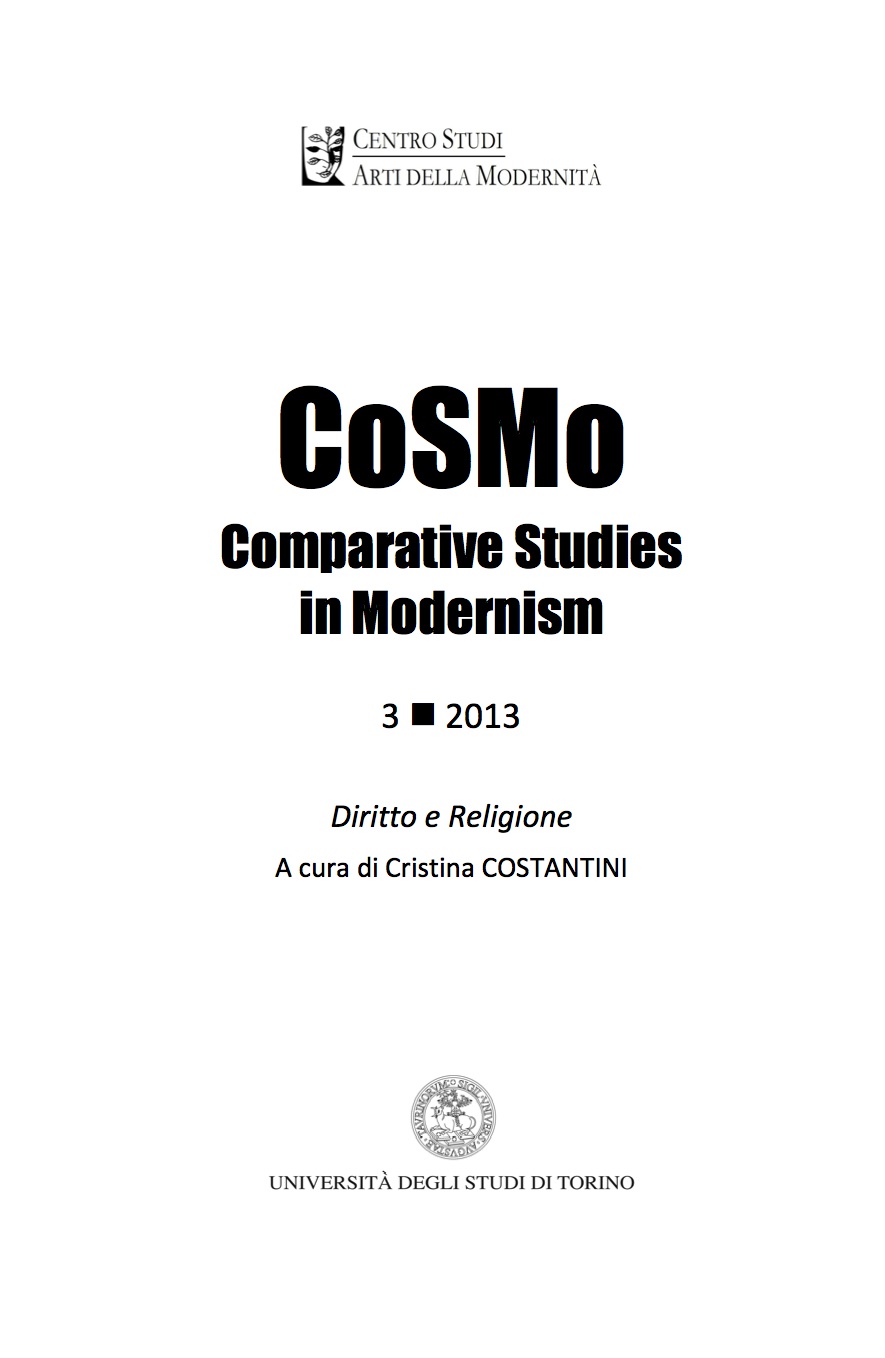The English Katéchon. La mediazione teologico-politica in epoca Tudor
DOI:
https://doi.org/10.13135/2281-6658/444Parole chiave:
katechon, legal tradition, canon, memory, body, flesh, representation, apocalyptic imagination, millenarismAbstract
The essay discusses the protean shapes of the politics of memory which conformed English tradition. The intellectual construction of a ‘remembered past’ was inscribed within a theological promise of redemption and salvation; the millenaristic thought created a visionary imagination and supported the recognition of antichristic and katechontic bodies. Moving from these premises, the Author highlights the pivotal role played by Queen Elizabeth I in giving substance to English memory. The main purpose is to investigate the process of cultural negotiation which governed the onto juridical threshold between Elizabeth’s Flesh (that is her natural, physical, female and even sexual consistence) and Elizabeth’s body of sovereignty. The canonical representation construed what, in a very original manner, the Author defines as Katechontic Elizabeth, making an adjectival use of the greek word katechon with its strong theological ascendancy. According to this approach, Elizabeth was depicted as the mundane force destined to fight against the Antichrist, historically embodied by the Roman Pope. In this framework the Author outlines the multifarious devices used to legitimate the cult of the Virgin Queen or, more incisively, to transform a virginal flesh into a body of salvation, evocatively into a katechontic body. They fundamentally were: an apocalyptic narrative, an apologetic plot, the projection of a millenaristic order and a redundant iconography.
Downloads
##submission.downloads##
Pubblicato
Fascicolo
Sezione
Licenza
Gli autori mantengono i diritti sulla loro opera e cedono alla rivista il diritto di prima pubblicazione dell'opera, contemporaneamente licenziata sotto una Licenza Creative Commons - Attribuzione che permette ad altri di condividere l'opera indicando la paternità intellettuale e la prima pubblicazione su questa rivista.






